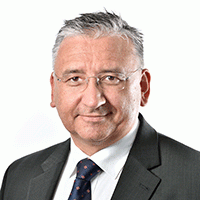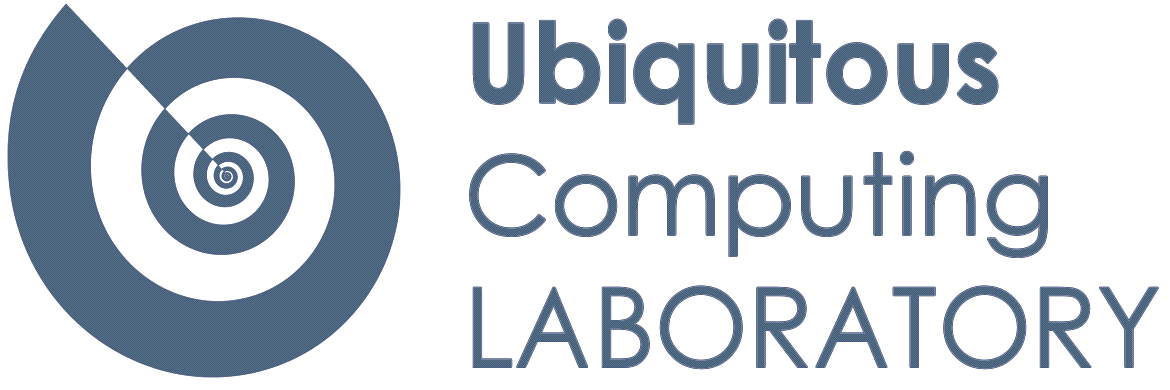
Prof. Dr. Ralf Seepold
ralf.seepold@htwg-konstanz.de
https://uc-lab.in.htwg-konstanz.de
+49 7531 – 206 633
Prof. Dr. Ralf E.D. Seepold
Prof. Dr. Ralf E.D. Seepold is Chair for Ubiquitous Computing at HTWG Konstanz – University of Applied Sciences in Konstanz, Germany. He also serves as the Director of both the Ubiquitous Computing Laboratory and the Interdisciplinary Sleep Laboratory. Throughout his academic and professional career, Prof. Seepold has built an internationally recognized research portfolio that bridges multiple disciplines, including computer science, biomedical engineering, digital health, artificial intelligence, and sleep medicine. His work focuses on developing integrated technological solutions that address real-world challenges in healthcare, aging, mobility, and infrastructure through innovation in ubiquitous systems, sensor-based data acquisition, signal processing, and embedded intelligence.
Prof. Seepold’s research is strongly interdisciplinary and application-oriented, with a core focus on noninvasive physiological measurement and the use of embedded and AI-driven systems for real-time health monitoring. At the intersection of medical IoT, sleep medicine, and ubiquitous computing, his work targets designing and implementing systems that integrate seamlessly into everyday environments while providing clinically relevant insights.
One of his major contributions lies in developing noninvasive sleep diagnostics, leveraging biosignal analysis and wearable sensors to monitor sleep quality and detect disorders such as sleep apnea. He leads the Carl-Zeiss-funded international project MORPHEUS, which focuses on building a system that can estimate sleep parameters without the need for intrusive sensors. Additionally, in the SLaH (Sleep Lab at Home) project, Prof. Seepold and his team designed algorithms to reduce the parameter set needed for reliable at-home sleep assessment, facilitating access to sleep diagnostics for broader populations. In the broader field of Medical IoT, he integrates wearable sensors, body area networks, and wireless communication into robust health-monitoring architectures. His team also develops solutions in telemedicine, where AI-enhanced algorithms help support diagnostics and therapy planning, especially in underserved or remote regions. These efforts are closely linked to national and international funding initiatives, including support from the Federal Ministry of Education and Research (BMBF), the DAAD, and the BMWK.Prof. Seepold is currently leading the interdisciplinary research initiative ReSiS (Resilient Systems – Strengthening Resilience in Complex Systems), which brings together researchers from multiple domains to investigate how resilience can be embedded into critical systems such as healthcare, infrastructure, urban planning, and energy management. This initiative combines machine learning, Internet of Things, and socioeconomic analysis to co-create sustainable, adaptable interventions that can respond to dynamic environmental and societal challenges.
Short CV
| Start | End | Position / Institution |
|---|---|---|
| 2009 | today | Professor: Chair for Ubiquitous Computing, HTWG Konstanz, Germany (Main Position) |
| 2012 | today | Co-opted Professor University of Seville, Faculty of Computer Engineering, Spain |
| 2002 | 2009 | Professor: Telematic Engineering Universidad Carlos III de Madrid, Spain |
| 1998 | PhD in Computer Science (Dr. rer.nat.) Eberhard-Karls-Universität Tübingen, Germany | |
| 1992 | 2002 | Researcher, Project Manager and Department Manager FZI Research Center, Karlsruhe, Germany |
| 1992 | Master: Computer Science (Diplom-Informatiker) University of Paderborn, Germany |

